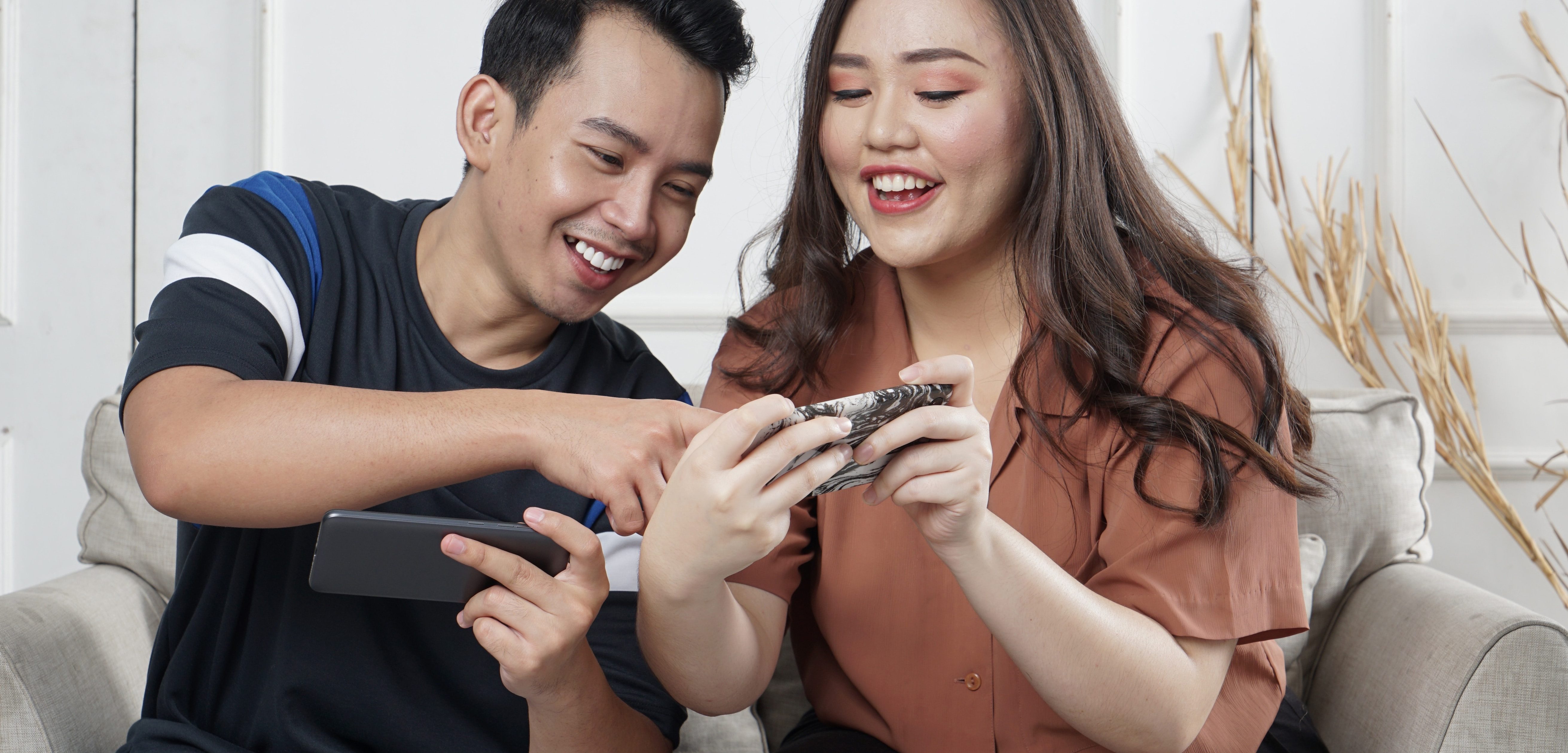
Life&Style’s Rachel Higgins discusses the positive and negative influence of social media on dating and relationships
Social media has become an essential part of modern-day life, whether we like to admit it or not. With regard to relationships, there is a very divided debate as to whether this influence has a positive or negative impact. In fact, expert Leslie Shore has stipulated that because of social media, building strong, deep relationships takes more time and are ‘more difficult to maintain.’ It is easy to see how social media encroaches on our everyday activities, therefore it is connected to our love life too. Of course, every relationship is different, but with the growing addiction to our phones that affects us all, it remains important to recognise the universal effects.
You can happily be thousands of miles way in a couple but stay in touch like you are in the same room
Firstly, we can start with the positives. The modern technology revolution has undoubtedly brought people together who would never have been in touch without it – this has stimulated the support for long distance relationships that simply was not there before. New modes of communication such as Facetime mean that you can happily be thousands of miles way in a couple but stay in touch like you are in the same room. This also means you can keep your independence in a relationship, live your own life wherever you want and utilise social media to keep your love life strong. As mentioned, social media is a constant in our lives, so you might as well use it to your advantage.
Another considerable positive is the popularity of dating apps, flourishing in the last 10 years with success stories from the likes of Tinder, Grindr and Hinge. Social media has allowed people, who may have been too shy to go looking before, to find someone amidst the masses who is perfect for them.
For those already in committed relationships, social media could be seen as the perfect platform to show this off and display affection. Sending memes and screenshots is one of the most engaging experiences and keeps the excitement alive. Through Instagram, you can create a time capsule of memories to look back on and this serves to stimulate positive feelings about the relationship by having your best bits online.
On the other hand, many of these positives are directly undercut by negative impacts. By bringing your relationship to social media, it opens up all kinds of possibilities to harm the real-life connection.
There are massive implications of privacy, issues of trust and jealousy when you see your partner liking other’s photos. Furthermore, there seems to be expectations of constant contact online, which puts potential pressure on your own independence in the example of social life at university. Things like Find My Friends enable you to track your partner; whilst helpful at times, this was, in my experience, totally unnecessary, overbearing and bred distrust.
By bringing your relationship onto social media, it opens up all kinds of possibilities to harm the real-life connection
Moreover, social media on a more general level is negative in the way that it promotes these branded couples living their best lives. This is toxic to our inward view of relationships as people are pressured to constantly compare levels of happiness as a couple. Here we should remember that things are not always as they seem; couples obviously won’t post about their arguments or rough patches.
The constancy of social media means it acts as a pressurising capsule that could put tension on relationships to show and convince your social spheres that both people are always happy and deeply in love. Putting on a display pushes the connection further away from reality. The pressure to exhibit a positive relationship can also lead to doubt, social media is seen as a dominant form of communication, therefore, lack of a virtual response can also feel significant. Whilst saddening, many equate an insufficient presence on social media pages as an insufficient connection.
When we often say things in writing we would not say in person – more impulsive comments can be detrimental
Additionally, communication through social media platforms can often be misread and misconstrued. This leads to further distancing as you cannot read tone or body language through the written word. Arguments online and endless angry typing is not a healthy way to move through your relationship problems, especially when we often say things in writing we would not say in person – more impulsive comments can be detrimental. Especially because everything is recorded and kept, social media acts almost as a record for your relationship in physical form.
Something essential to draw from this is that we all need to make a conscious effort to learn to balance the online/offline time. This is because social media can draw us away from real life experiences, especially our relationships. There is good and bad in everything, but online stimulation is clearly leaning towards a more negative impact and relationships are being pushed further away from reality. If you are always messaging and never spending time just you and the other person with no technology, how can you be expected to enhance and deepen a relationship with things like social media and online presence at the forefront?

Comments